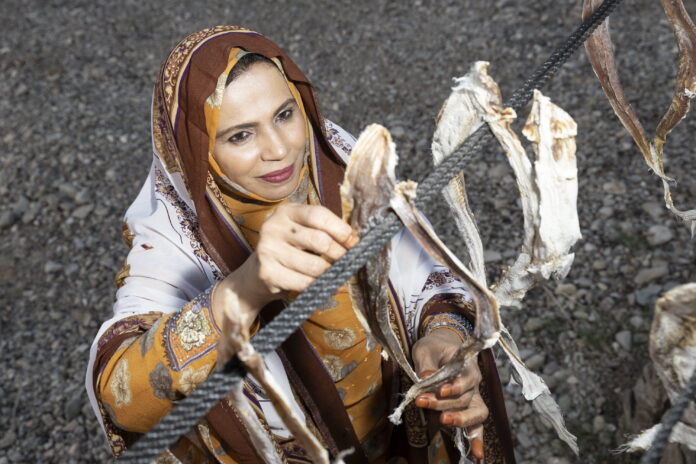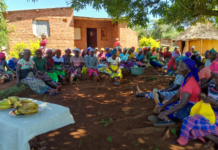
Agriculture and food systems support the livelihoods of almost half the world’s population, including 500 million smallholder farmers. In Africa, food systems account for two thirds of employment, while just over a third of the population lives below the poverty line.
Voluntary sustainability standards (VSSs) have emerged and proliferated over the last 3 decades to help address social and environmental challenges associated with how we produce and consume food and goods. Many VSS-setting organizations (VSSSOs) in the agricultural sector seek to improve the livelihoods of producers—by which we mean farmers, farm workers, and factory workers—as part of their mandate.
But to what degree do VSSSOs include the people they intend to help in the decisions that affect their lives? Studies suggest not nearly enough.
New research from the International Institute for Sustainable Development (IISD) analyzes the extent to which producers are included in the governance systems of six VSSSOs in the agricultural sector. While progress is promising, IISD’s experts conclude that much more needs to be done to enable producers to have their say in decisions that impact their lives.
“Producers are at the heart of the work that VSSSOs do. Giving them the opportunity to help steer the agenda is key to ensuring VSSs stay relevant to the context, priorities, and needs of those they are trying to reach,” says Sara Elder, Senior Policy Advisor at IISD.
IISD’s new report outlines a series of recommendations for how VSSSOs can enhance their democratic processes and include a greater quantity and breadth of producers in their governance systems. These recommendations include giving producers votes and veto power in governance bodies, training to be informed about what’s at stake, opportunities for open communication, a seat and vote on grievance committees, and access to and influence over data collection.








